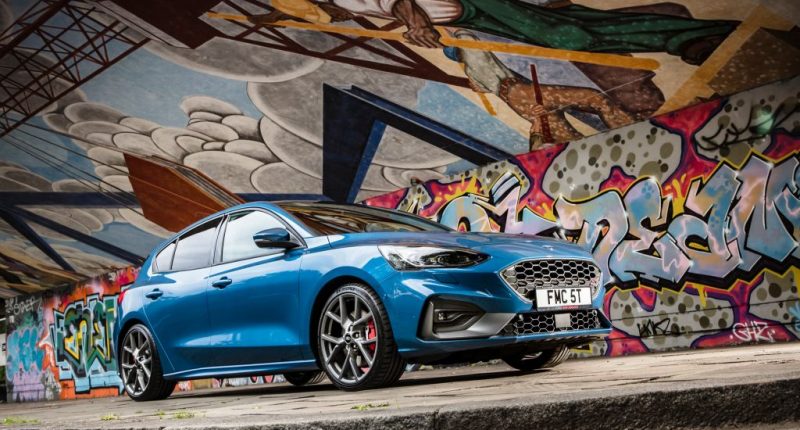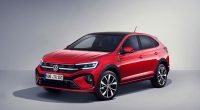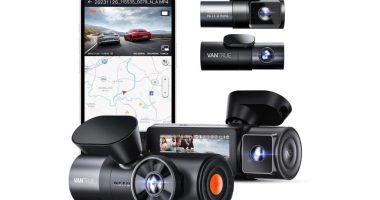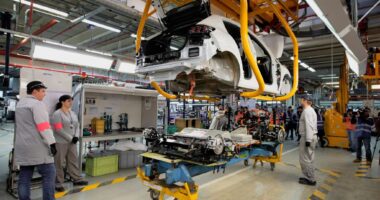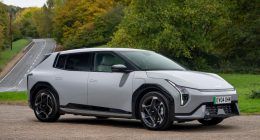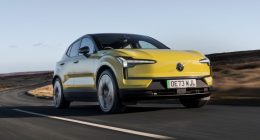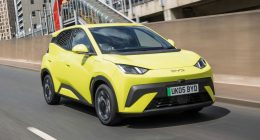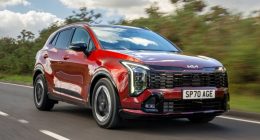Northern Ireland’s new car market is being tipped to rebound in 2022 by one leading industry expert, with the demand for hybrid and full-electric vehicles helping to accelerate this turnaround.
As the sale of zero-emission vehicles continue to rise compared to petrol and diesel, the Chief Executive of the Society of Motors Manufacturers and Traders (SMMT) says next year is “looking brighter”.
Many will hope that Mike Hawes’ prediction comes good in light of the fact local new car registrations fell once again last month; only 2,581 units drove off forecourts compared to 3,444 in September.
The Ford Focus was the most popular model by some considerable margin (136), followed by the Hyundai Tucson Sports Utility Vehicle (80) and Peugeot 2008 crossover (76). Peugeot’s larger 3008 crossover (73) and its class rival – the latest generation Ford Kuga (58) – rounded out the top five.
The decline locally was reflective of the wider UK picture. 106,265 new cars were registered last month – a 24.6% fall on the same period last year. That makes it the weakest October since 1991.
Consumer confidence has been severely dented in the last fortnight as both energy and fuel prices soar to unprecedented levels, with this compounded by upcoming tax hikes for working households.
New car buyers are also seeing the choice of fresh metal being severely restricted due to the on-going chip shortage. This small component is crucial as it controls the media and safety functions on modern day vehicles.
Plug-in (PHEV) and battery electric vehicles (BEVs) bucked the trend in October, however. BEVs equalled their September market share of 15.2% with 16,155 units, while PHEVs rose to 7.9%.
The SMMT figures reveal that, in the past 10 months, PHEVs have grown to account for 16.6% of all new car registrations. When joined by the 9.1% share of hybrid electric vehicles, it means that more than a quarter of the UK’s new car market is made up of tax-friendly, zero-emission models.
“The current performance reflects the challenging supply constraints, with the industry battling against semiconductor shortages and increasingly strong economic headwinds as inflation rises, taxes increase and consumer confidence has weakened,” said Mr Hawes.
“Electrified vehicles, however, continue to buck the trend, with almost one in six new cars registered this year capable of zero-emission motoring, growth that is fundamental to the UK’s ability to hit its net zero targets.
“With next year looking brighter, and even more new models expected, the continuation of this transition will depend on the preservation of incentives that overcome the affordability barrier, and the ability of the public and private sectors to increase public on street charging to allay EV driver concerns.”
Mr Hawes added that a partial recovery is forecast for 2022, with the automotive industry anticipating some 1.96 million new car registrations next year. Again, electrified models will spearhead this.
